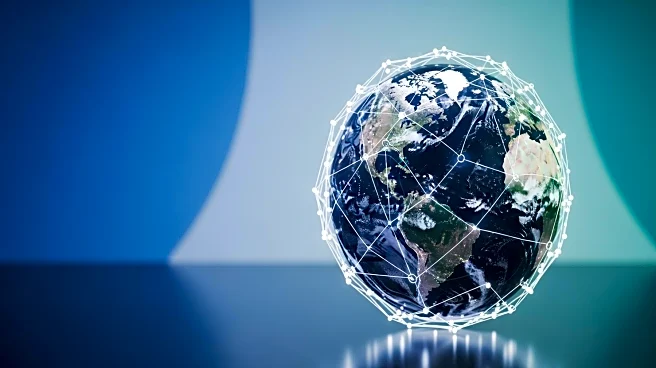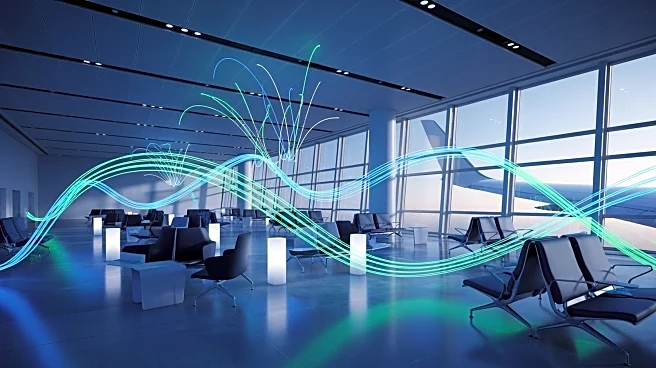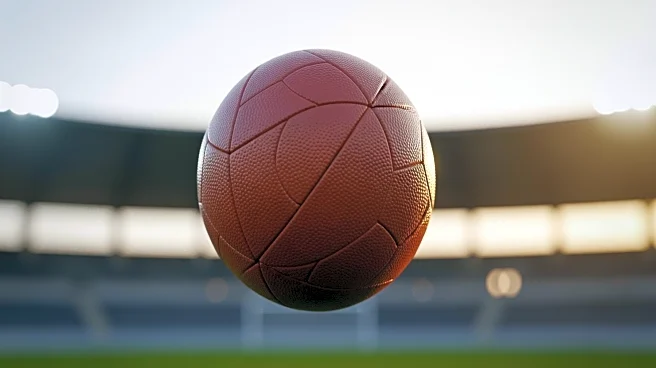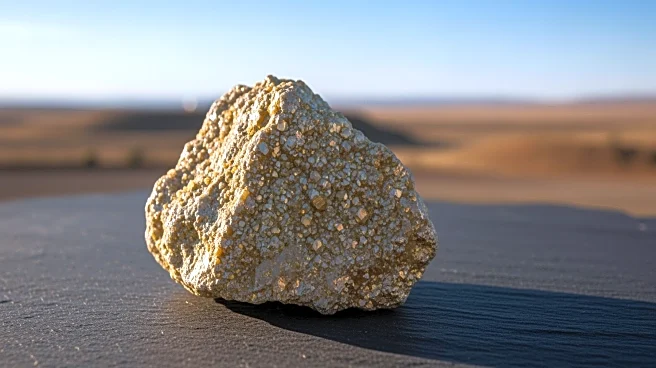What's Happening?
Drones have become a transformative tool in agriculture by 2025, significantly enhancing efficiency, sustainability, and precision in farming practices. These unmanned aerial vehicles (UAVs) are equipped with advanced sensors, high-resolution cameras, and GPS technology, allowing farmers to capture detailed, real-time data over large agricultural areas. This data is crucial for precision agriculture, enabling farmers to monitor crop health, assess soil conditions, and apply inputs like water and fertilizers with precision. The integration of drones in farming addresses critical challenges such as yield loss, environmental impacts, and resource waste, making them indispensable in modern agriculture.
AD
Why It's Important?
The adoption of drones in agriculture is crucial for meeting the increasing global demand for food while minimizing environmental impacts. By providing precise data on crop health and soil conditions, drones help farmers optimize resource use, reduce chemical runoff, and improve crop yields. This technology supports sustainable farming practices, which are essential for environmental stewardship and regulatory compliance. The cost-effectiveness and efficiency of drones also make them accessible to a wide range of farms, from large agribusinesses to smallholder operations, thereby democratizing advanced agricultural technologies.
What's Next?
As drone technology continues to evolve, further integration with AI and satellite data is expected, enhancing the precision and scope of agricultural monitoring. The development of autonomous drone fleets and improved connectivity will enable even more efficient data collection and field interventions. Regulatory frameworks and training programs will be essential to support widespread adoption and ensure safe and effective use of drones in agriculture.
Beyond the Headlines
The integration of drones with other smart farming technologies, such as IoT sensors and AI analytics, represents a shift towards data-driven agriculture. This approach not only boosts productivity but also supports environmental sustainability by enabling precise interventions and reducing resource waste. The ethical and legal implications of drone use, including privacy concerns and regulatory compliance, will need to be addressed as the technology becomes more prevalent.










